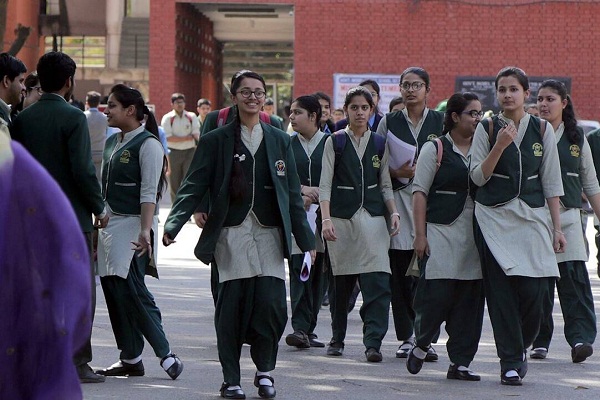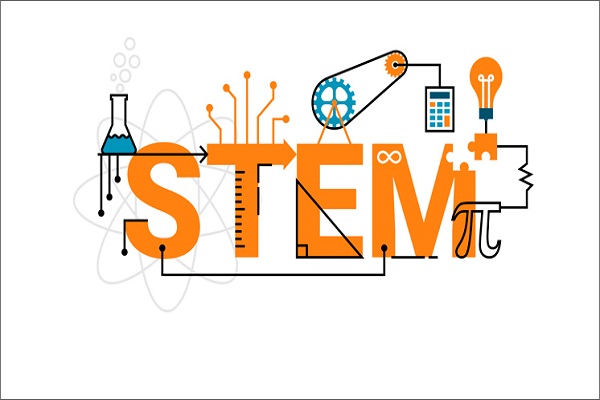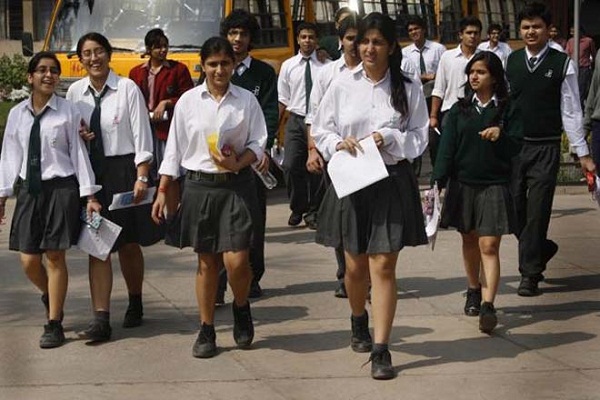Meyyappan Natarajan, Founder and Managing Director of Top Freshers, began his venture to bridge the gap in the training and education space by providing more engaging and effective industry-oriented and outcome-driven employability programs. Natarajan has collaborated with a number of large academic institutions and universities in developing their employability development initiatives. His experience in the industry varies from handling Ed-Tech product development to relationship management and anchoring the campus connect initiative for close to a decade. Natarajan brings a diverse range of experience in the field of education, as well as the right mix of skills, attitude, and knowledge.He has organized and managed pan India events and delivered numerous thought-provoking workshops for management, faculty and students of academic institutions.
Please tell us about TopFreshers Technologies Pvt Ltd’s beginnings and how the company’s current business model operates.
As students, we have witnessed the way how employability training was conducted in our institute and at a later stage, having worked closely in the education and training space, we have also seen how it is being dealt with in most institutes. When we analysed the effectiveness of them, we found most of them were not effective and outcome driven, which sparked us to start Top Freshers, with a pure objective of delivering effective industry-oriented and outcome-driven employability training programs blended with technology-integrated learning models.
We believe that learning should be experiential and enjoyable for students, so we use an engaging and simplified approach with fun elements built into our programs.
What were the initial obstacles you faced and how did you overcome them in order to create a compelling value proposition and a competitive advantage for your company?
Outcome-based training programs with industry-relevant skills for freshers have always been a challenge for a scalable business, and yes, we face this as a major challenge. And we were quick to realize that technology is the only solution to scale and hence started the journey of our technology solution TERV. In the initial years, low Internet penetration was also a major challenge. Now, with the growth of Smart Phone penetration and higher internet bandwidth, this challenge has also been addressed to a major extent.
Also Read: The future of e-learning in India
We are one of the few earlier adopters of technology in the training space and that was an incredible move for us, as we started blending technology into our training programs through our native assessment & learning platform with curated question sets supported with explained solutions from subject matter experts. This gave us a competitive advantage and we were uniquely positioned in the market because of this.
How do you think the demand for technical online courses has evolved, and has it seen a boom during pandemics?
As stated earlier, the increased penetration of smartphones and availability of Internet bandwidth at an affordable cost is one of the major elements that is instrumental in the adoption of online courses. Having said that, most of our academics (Indian Higher Education Institutes) are averse to adopting or to integrating online courses. The present pandemic crisis has forced the entire globe to go online, which has made our institutions realize and adopt online courses.
The encouraging move by UGC by giving flexibility for institutions to adopt online self-paced courses as credit courses was a welcoming initiative to embrace online courses and we are confident that more and more will adopt and integrate in the coming days.
Can you tell us a little bit more about the consumer demographics and statistics?
With over a lakh of students being trained and made employable ever since inception, it has given a strong urge for passionate trainers and over thousands of free lancers to join hands with us in fostering a community of professionals pursuing careers that they love.
At present, we have served 150+ institutions across South Indian states. With our enhanced and time-tested technological platform and a growing network of affiliates, we are confident in our global expansion plans.
Our Technological platform Terv.Pro has been evaluated and empanelled by the National Education Alliance for Technology (NEAT), a PPP model between the Ministry of Education, Government of India and EdTech Companies implemented by the All India Council for Technical Education (AICTE) and recently by NASSCOM as a Future Skills Virtual Labs partner. Now this adds-up our confidence to reach out to more aspirants with our uniquely positioned guided learning Coding Simulator integrated with Assessment and Learning Engines. This is truly a world-class product.
How do you think the demand for advanced online courses will change post-pandemic? What kind of future do you see it having?
With the government’s recognition of online education, we are confident that there will be a high demand for online courses, particularly subjects involving calculations, coding, and so on.In the post-pandemic world, online based learning will continue to remain as the new norm. Institutes have to embrace online self-paced learning because of the shortage of time to conduct live classroom sessions, whether it is in an online or physical mode.
India’s Education Technology space for higher education market is estimated to be around $458 Mn USD and a large portion of it is towards preparatory from College to Jobs, and this number will be witnessing a spiralling growth in the years to come.
We are confident that the NEP 2020 will significantly accelerate the transition from the traditional model of learning and teaching to learner-centric self-paced online education.





























